In a move aimed at providing vital relief to the besieged Gaza Strip, Egypt recently allowed 20 trucks of aid to enter the region. However, amidst this act of humanitarian assistance, Egypt issued a warning, urging the international community not to inadvertently support Hamas, the ruling authority in Gaza. This article delves into Egypt’s decision, analyzes the complexities of the situation, and explores the delicate balancing act Egypt faces as it strives to alleviate suffering while safeguarding its own security concerns. As the international community closely observes these developments, it is crucial to understand the motivations, implications, and broader geopolitical context surrounding Egypt’s delivery of aid to Gaza
Egypt’s Humanitarian Gesture amidst Regional Tensions
To comprehend Egypt’s decision to allow aid into Gaza while issuing a warning about Hamas, we must delve into the factors influencing this delicate balancing act:
- Humanitarian Crisis in Gaza:
Gaza, a densely populated area facing severe economic challenges and political volatility, is in the midst of a dire humanitarian crisis. Limited access to basic necessities, including food, medicine, and clean water, has compounded the challenges faced by its residents. Egypt’s aid delivery aims to alleviate some of the suffering endured by the population. - Concerns over Hamas Influence:
Egypt, a neighboring country, has long grappled with security concerns related to Hamas. As a designated terrorist organization by several nations, Hamas’ actions and objectives have raised concerns both domestically and at the regional level. Egypt’s warning reflects its efforts to prevent inadvertently strengthening Hamas’ grip on power in Gaza.
Analyzing Egypt’s Dual Agenda
Egypt’s decision to deliver aid to Gaza while cautioning against supporting Hamas highlights its dual agenda, which encompasses both humanitarian concerns and security considerations:
- Alleviating Human Suffering:
Egypt recognizes the urgent need for humanitarian aid in Gaza. The dire living conditions and lack of basic services have inflicted immense suffering on its population. Egypt’s aid delivery demonstrates its commitment to address this crisis and provide much-needed relief to Gaza’s residents. - Guarding Against Security Threats:
Egypt’s cautionary message reflects its ongoing security concerns regarding Hamas. Egypt seeks to mitigate the risk of inadvertently empowering a group it views as a threat to regional stability. This balancing act aims to prevent Hamas from exploiting aid resources to consolidate its authority or further its militant agenda.
Geopolitical Implications and Broader Considerations
Egypt’s aid delivery to Gaza and its warning against supporting Hamas hold several geopolitical implications and broader considerations:
- Regional Power Dynamics:
Egypt’s role as a key regional player places it at the center of various overlapping geopolitical dynamics. Its aid gesture and warning to the international community underscore the region’s complex power dynamics and the intricacies of navigating relationships while safeguarding national security. - Influence on Regional Stability:
Any actions impacting Gaza have wider ramifications for stability in the entire Middle East region. Egypt’s careful approach seeks to strike a balance between relieving suffering and preventing actions that may fuel further conflict or jeopardize regional peace, particularly amid existing tensions. - Potential for Diplomatic Dialogue:
Egypt’s engagement with Gaza through aid delivery presents an opportunity for diplomatic dialogue. It allows Egypt to maintain open channels of communication with Gaza’s authorities while simultaneously signaling its concerns. Such engagement may foster dialogue and facilitate potential diplomatic solutions to the ongoing crisis. - Broader Humanitarian Efforts:
Egypt’s aid delivery to Gaza serves as a reminder of the international community’s collective responsibility to address humanitarian crises. It highlights the pressing need for sustained efforts to alleviate suffering, find long-term solutions, and address the underlying causes of crises in conflict-ridden regions.
Conclusion
Egypt’s decision to provide humanitarian aid to Gaza while cautioning against supporting Hamas demonstrates the delicate balancing act the country faces. By navigating the complexities of regional tensions, Egypt strives to alleviate the suffering of Gazans while safeguarding its own security concerns. As the international community observes these developments, it becomes imperative to support efforts that prioritize humanitarian relief, encourage diplomatic dialogue, and foster stability in the region. Only through collective commitment can effective solutions be developed to address the multifaceted challenges faced by Gaza and its neighboring countries.


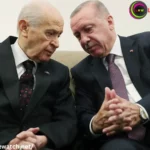









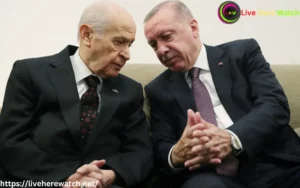




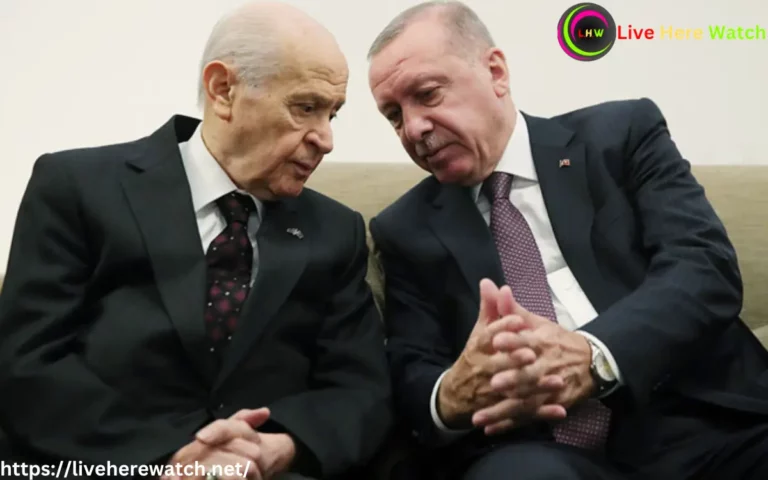

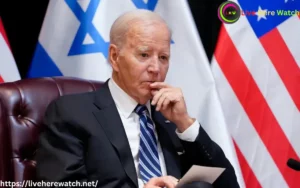

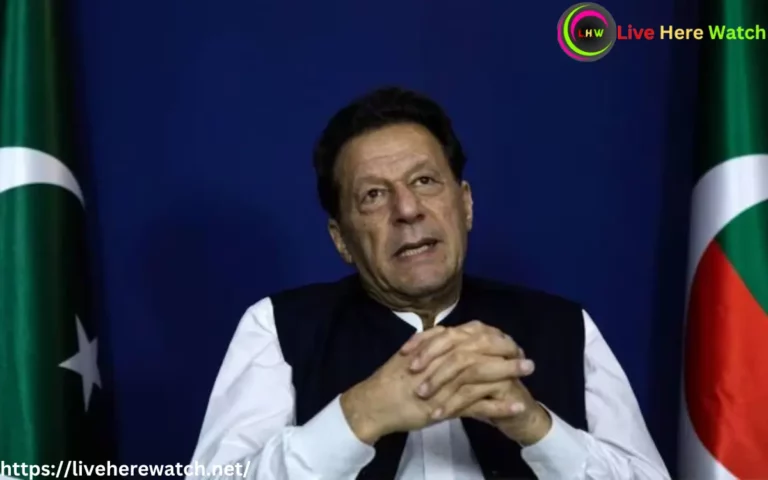
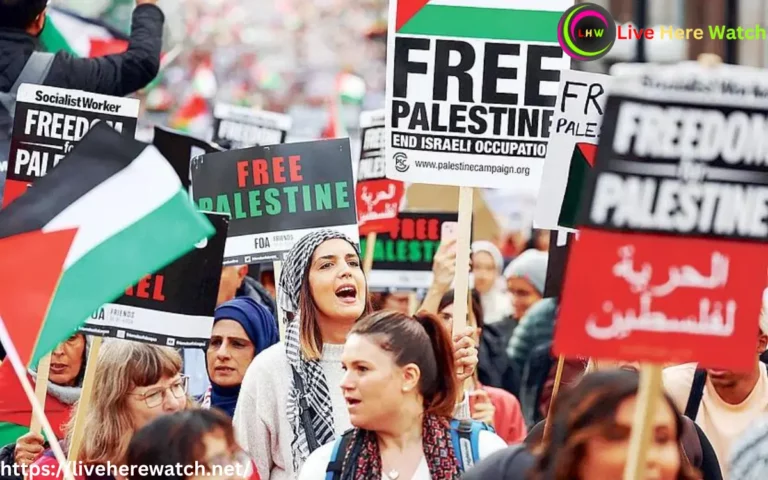

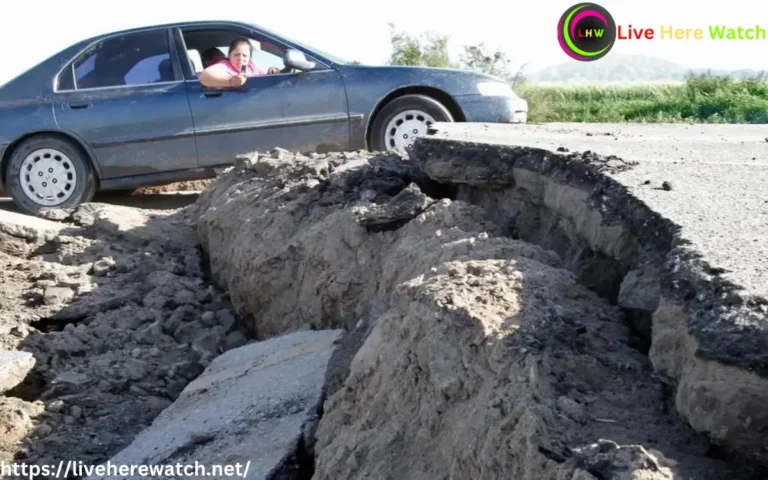
+ There are no comments
Add yours